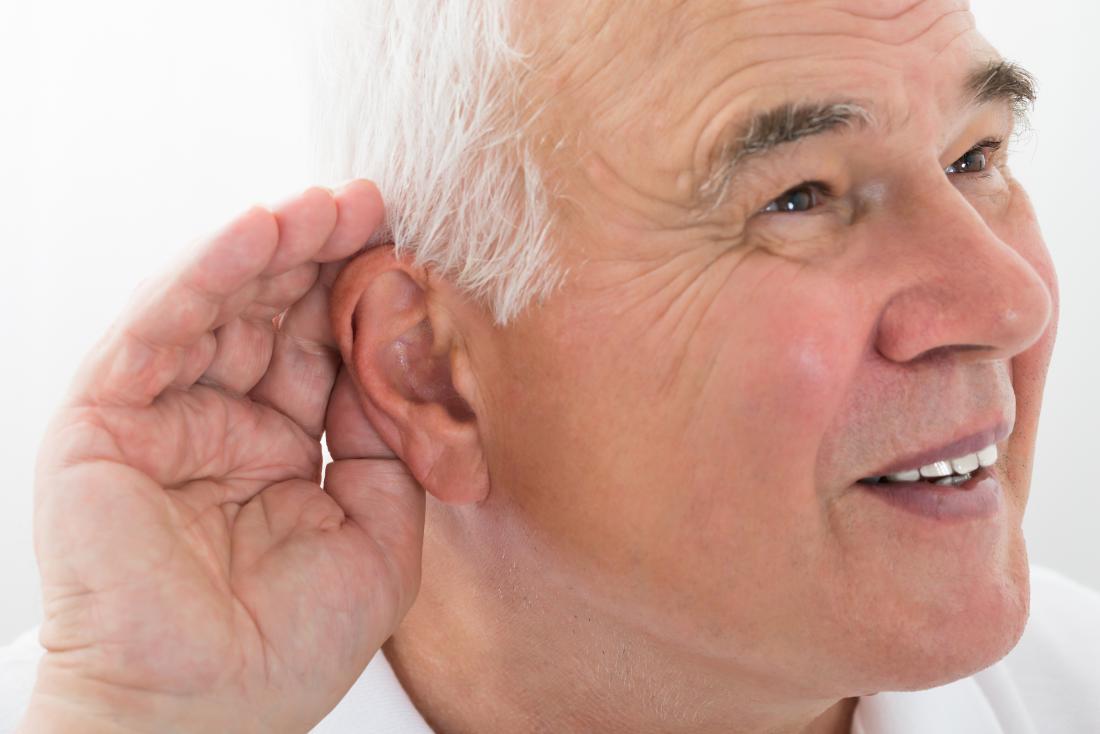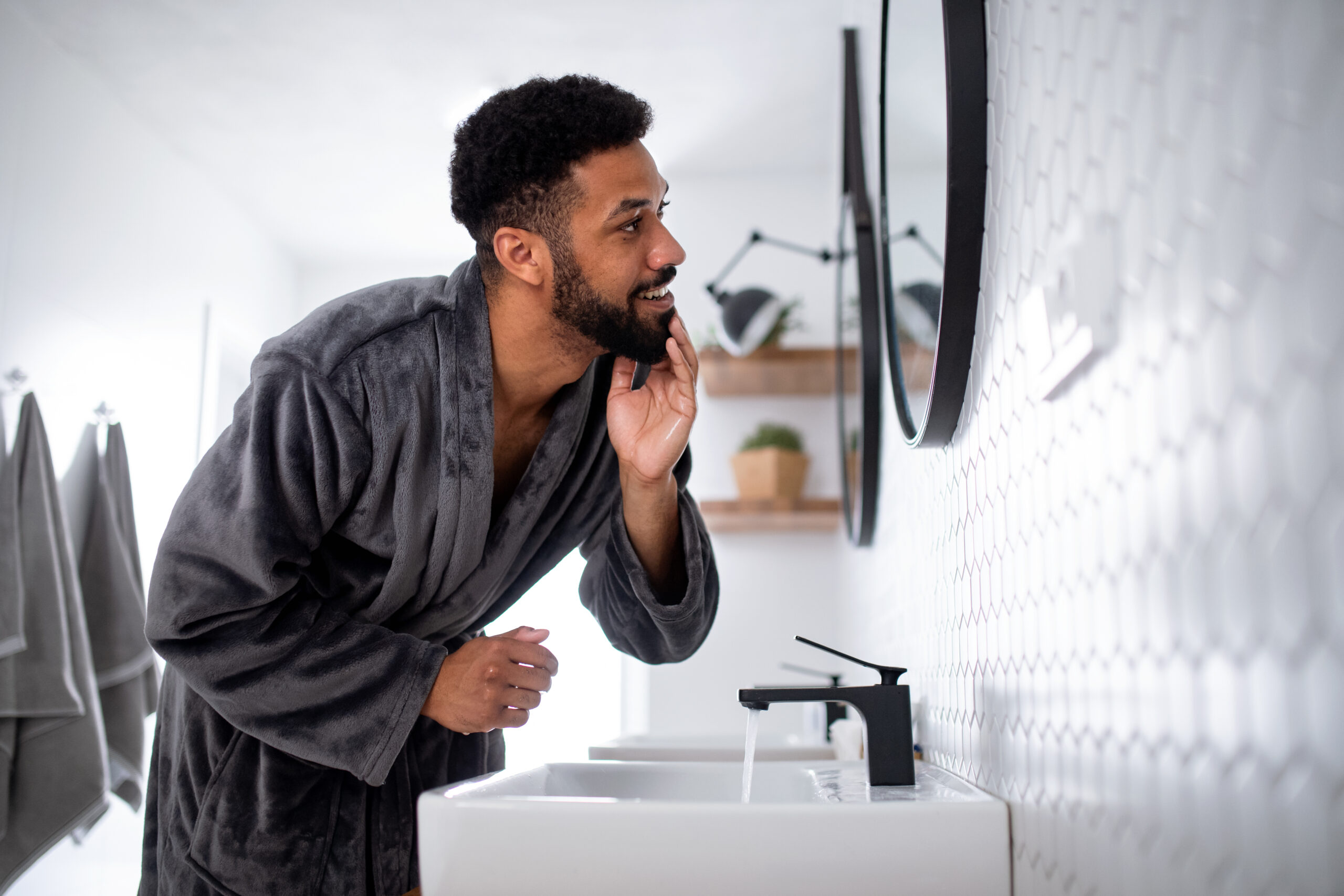Understanding Hearing Loss: Causes, Risks & Modern Solutions

Hearing loss is more common than most people realize—and its impact goes far beyond the ears. According to the World Health Organization, over 1.5 billion people worldwide experience some degree of hearing loss, and 430 million of them live with disabling conditions. By 2050, that number is projected to climb to 2.5 billion globally. Despite these staggering figures, many causes of hearing loss—especially in children and young adults—are preventable with early care and education.
At SightMD, our audiologists want to raise awareness about hearing loss and help you or your loved ones take proactive steps to preserve your hearing health.
What Is Hearing Loss?
Hearing loss refers to a partial or total inability to hear, and it may affect one or both ears. It can be temporary or permanent, and it can range from mild difficulty hearing in noisy environments to complete deafness.
There are three main types:
- Conductive hearing loss: Caused by issues in the outer or middle ear (like wax buildup, infections, or eardrum damage).
- Sensorineural hearing loss: Results from damage to the inner ear or auditory nerve (often age- or noise-related).
- Mixed hearing loss: A combination of both.
Severity is usually measured in decibels (dB) and can be classified as mild, moderate, severe, or profound. It may be bilateral (both ears) or unilateral (one ear), with sudden loss in one ear often considered a medical emergency.
Who Is at Risk?
Hearing loss can affect people of all ages, but certain groups are at higher risk due to age, lifestyle, medical history, and environmental exposure. Here are some key facts to consider:
Key Risk Factors for Hearing Loss
- Age: Presbycusis (age-related hearing loss) affects about 1 in 3 adults by age 65, and 1 in 2 by age 75.
- Noise exposure: Loud music, machinery, and recreational noise (e.g., concerts, shooting ranges) can lead to Noise-Induced Hearing Loss (NIHL).
- Infections: Childhood illnesses like measles, meningitis, and chronic ear infections can cause permanent hearing damage if left untreated.
- Genetics: Some individuals inherit genes that make them more prone to early or progressive hearing loss.
- Medications: Certain antibiotics, chemotherapy drugs, and high-dose aspirin are considered ototoxic, meaning they can damage hearing.
- Trauma: Head injuries or sudden changes in air pressure (barotrauma) can affect hearing.
What Can You Do About It?
The good news is that many cases of hearing loss are preventable or treatable. Advances in hearing technology are also helping millions of people regain better sound clarity and live more engaged lives.
Prevention, Screening, and Treatment Options
- Get screened regularly: Adults should have their hearing checked every 3–5 years, or more often if they experience symptoms like muffled sounds, tinnitus (ringing), or trouble following conversations.
- Prioritize early childhood screenings: Universal newborn hearing screenings (UNHS) help detect issues early; about 50–60% of childhood hearing loss is preventable with early care and vaccination.
- Protect your ears: Wear earplugs in noisy environments, use noise-canceling headphones, and follow WHO guidelines for safe listening—especially for children and teens using earbuds.
- Stay current on vaccinations: Preventable infections like rubella and bacterial meningitis can lead to hearing damage.
- Explore advanced treatment options: Today’s digital hearing aids feature deep-learning noise suppression, making it easier to hear in complex environments. For severe cases, cochlear implants or bone-anchored hearing systems may be considered.
- Try emerging tech tools: New low-cost earbud-based screening tools and virtual reality-based hearing aid fittings are revolutionizing early diagnosis and personalization.
- Address related health risks: Hearing loss is linked to cognitive decline, dementia, and depression, especially in older adults. Catching it early can protect both your mental and emotional well-being.
When to See a Hearing Specialist
If you’re experiencing sudden or gradual hearing changes, don’t wait. Seek professional care right away if you notice:
- One-sided hearing loss
- Tinnitus (ringing or buzzing in the ear)
- Frequent asking others to repeat themselves
- Difficulty following conversations, especially in groups or noisy spaces
- Dizziness or imbalance
Living Fully with Hearing Loss
Hearing loss doesn’t have to limit your life. With proper treatment, supportive technology, and communication strategies, people with hearing impairment can thrive at any age. At SightMD, we’re committed to helping you protect your hearing and stay connected to the sounds and people that matter most.
FAQs on Hearing Loss
Mild to moderate hearing loss often benefits from hearing aids—especially if conversations feel unclear or exhausting.
Some causes are treatable, but not all. Early screening and intervention are key to preventing long-term developmental delays.
Hearing aids amplify sound; cochlear implants directly stimulate the auditory nerve and are used in more severe cases.
Limit loud sound exposure, wear protection, and monitor volume levels on personal devices.
At least once every 3–5 years, or annually if symptoms appear or risk factors are present.


